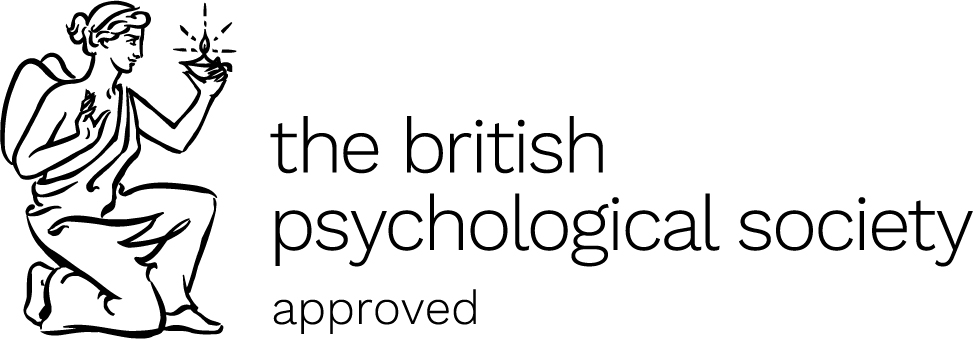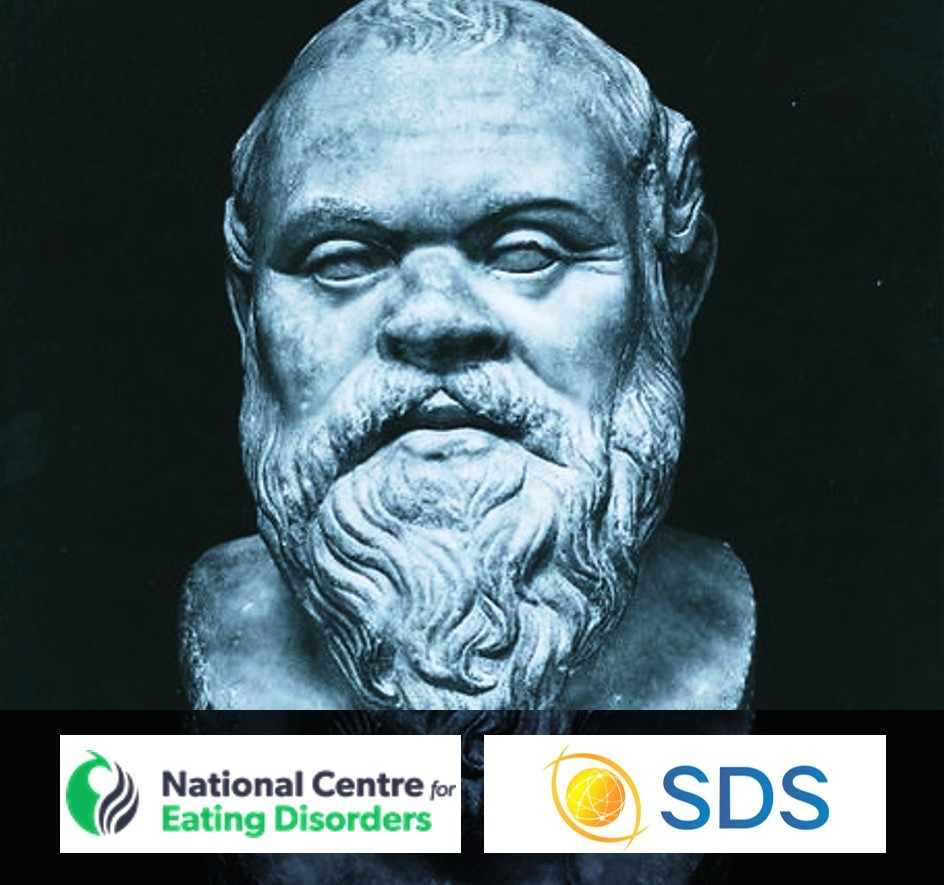
Course Brief
This two-day experiential workshop is presented by SDS Seminars in partnership with Deanne Jade and the National Centre For Eating Disorders (NCFED). It outlines the practicalities of Socratic Questioning (SQ) for eating disorders (ED) and obesity along with demonstrations, multiple practice opportunities and feedback.
Helping people change when they have eating problems is not easy.
We know what frequently does not work in therapy...
- Informing/advising alone (i.e. prescriptive advice)
- Pointing out what the client is doing wrong
- Exploring feelings alone
... however, our training and default styles often tempt us to go down one or more of these paths.
These strategies have their place but they fail to engage in a central component of eating disorders – the way the client THINKS and in particular their beliefs about themselves, their food, their body weight, their shape and all of the above - for other people.
We need to work with clients to identify, understand and to question these beliefs. This requires the skilled use of Socratic Questioning and Guided Discovery - a very different approach to advice giving or reflective counselling alone.
This two day experiential course outlines the practicalities of Socratic Questioning for eating disorders and obesity along with demonstrations, multiple practice opportunities and feedback.
The course is Zoom-based with tutor demonstrations and presentations, pair practice and group discussion. For these reasons course numbers are strictly limited.
A range of different types of belief including their relevance to different types of eating problems will be explored.
These include:
- Motivational beliefs (“I’ll never manage, so what’s the point.”)
- Conditional beliefs (“If I don’t lose weight, I wont have any friends.” / “If I put on 500g, people will notice I’m fat.” / “If I overeat at dinner I must starve myself the next day.")
- Body Image beliefs (“I’m fat because I can’t see my ribs."/ “The size of my thighs shows I haven’t lost enough weight yet.”)
- Beliefs about dietary choices (“Eating low fat foods will cause me to lose weight”/ Drinking Calorie Free Coke is better than having a whole meal”)
- Beliefs about mood intolerance (“After heavy day at work, what do you expect me to do. Of course I’ve got to treat myself.”/ “I’m crazy when it comes to food. I can’t stop myself.”)
- Beliefs about self (“I’m just weak willed. I always have been and always will be.” / My life is just a history of one failure after another.”)
- Relapse beliefs (“If I eat a bag of crisps I might as well carry on because I’m back at square one.” / “I ate a whole bar of chocolate this week. I’ve failed again.”)
- Abstinence Violation Beliefs (“When I opened that bag of crisps after being so good for a month, I just knew I might as well carry on binging.”)
- Sunk Cost thinking (“I hate to let an expensive meal go to waste, so I'll finish that plate for you.”)
- Permission Thinking (“I’ve been good all week so I can afford to splash out at the weekend.”/ “I’m going to eat the whole packet of biscuits anyway, so I might as well do it now.” )
Socratic Questioning is a skill for eliciting, understanding and helping the client to explore and challenge their own beliefs as they relate to their unhappy relationship with food.
The two days will focus on both developing the right attitude towards our clients to facilitate this as well as a menu of different questions, how and when to ask them and what to do with the answers to help our clients change.
Delegates will increase both their knowledge and confidence in using this key skill to helping their clients as well as reducing drop out rates and client resistance.
The course will be accessible for 60 days after the event as a recording but ONLY to those that book on the course in advance.
Click here for the full SDS Accreditation terms for the BPS Approved Master Practitioner Diploma in CBT: https://skillsdevelopment.co.uk/certificates/cbt_diploma/


